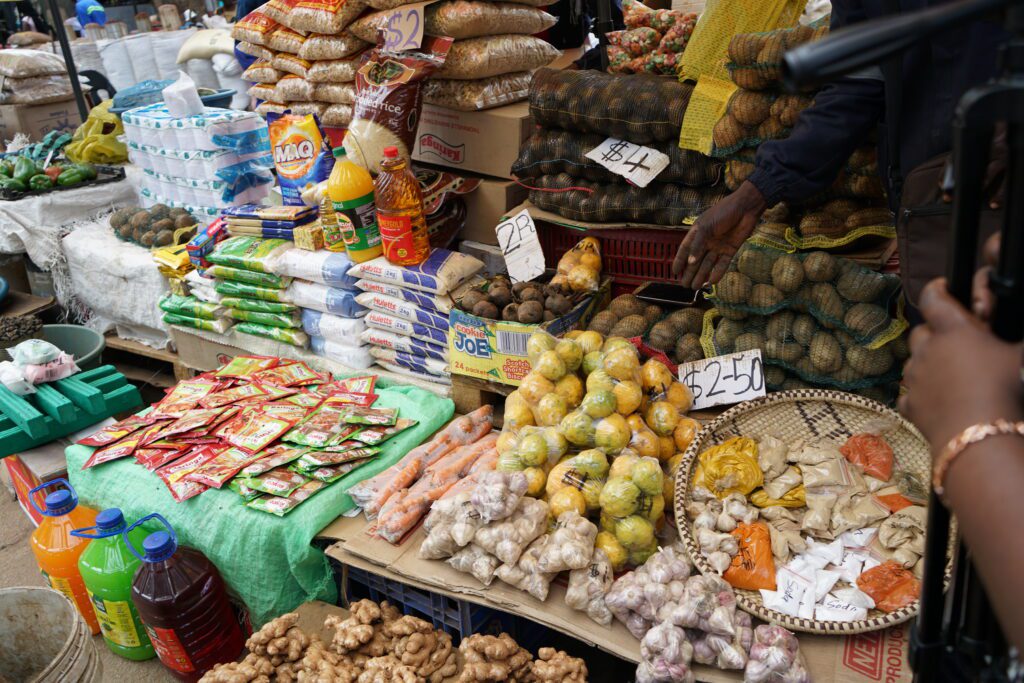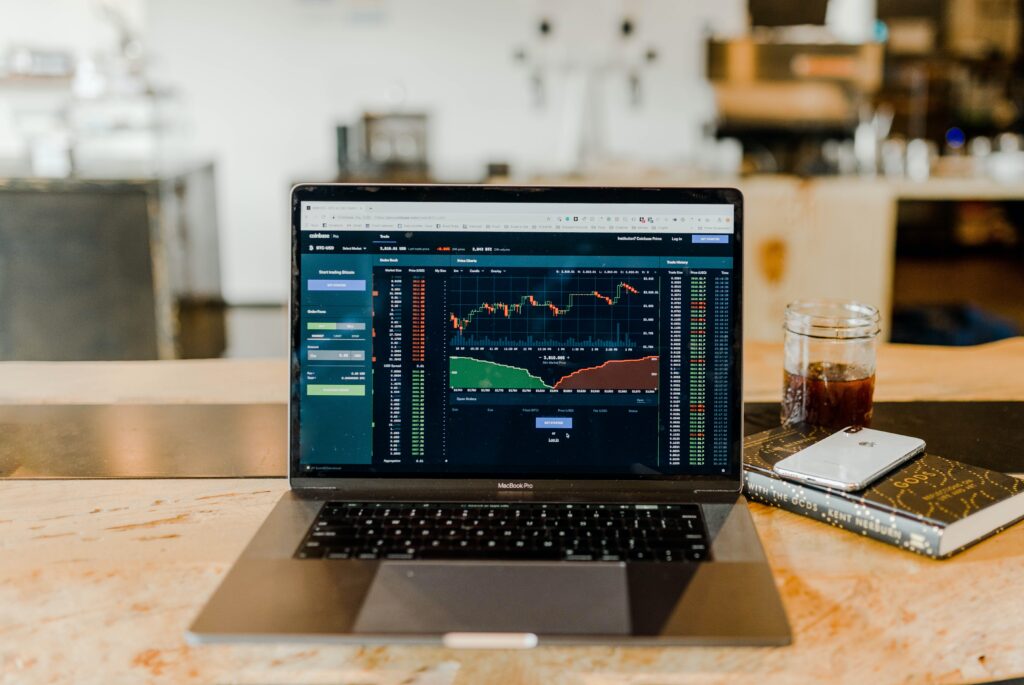Zimbabwe’s Economic Uncertainty Deepens
Inflation Rises and GDP Growth Slows
Zimbabwe’s economic prospects are shrouded in uncertainty as the country grapples with rising inflation and slowing GDP growth. The latest data from the International Monetary Fund (IMF) shows that the country’s inflation rate surged to 149.3% in 2022, up from 56.9% the previous year. Meanwhile, the country’s GDP growth is projected to slow down to 2.5% in 2023, down from 2.8% in 2022.
| Year | IMF GDP Growth Projection |
| 2020 | -4.1% |
| 2021 | 5.1% |
| 2022 | 2.8% |
| 2023 | 2.5% |
Inflation and Economic Slowdown
According to the IMF, Zimbabwe’s inflation rate has been on an upward trajectory since the second half of 2021, fueled by a combination of factors, including currency depreciation, supply constraints, and rising fuel and electricity costs. In response, the Reserve Bank of Zimbabwe (RBZ) has tightened monetary policy, raising interest rates and introducing measures to curb money supply growth.

However, the IMF notes that inflation remains high and is projected to stay elevated in the near term. The situation is further complicated by the COVID-19 pandemic, which has disrupted global supply chains and caused commodity prices to rise, putting additional pressure on Zimbabwe’s economy
GDP Growth Outlook
The IMF’s projection of a slowdown in Zimbabwe’s GDP growth reflects the challenging economic conditions in the country. While the government had initially projected a 3.8% expansion in 2023, the IMF’s lower projection highlights the difficulties the country faces in achieving sustainable economic growth.
The slow GDP growth is attributed to a range of factors, including low productivity, weak business sentiment, and lack of foreign investment. In addition, the country’s mining industry, which had been a key driver of growth, has been hit by falling commodity prices, while the agriculture sector has struggled to maintain output levels due to erratic weather patterns and a lack of investment.
Investor Sentiment
The uncertainty surrounding Zimbabwe’s economy has impacted investor sentiment, with some analysts recommending that investors take a cautious approach. FBC Securities has advised investors to focus on defensive stocks with resilient business models and stable dividend policies to hedge against value loss.
Stock Market Performance
Despite the challenging economic environment, Zimbabwe’s stock market has performed relatively well. The Zimbabwe Stock Exchange (ZSE) saw its all-share index nearly double to 38,568.48 points in the first quarter of 2023, while the Top 10 index surged by 87% to 12,311.13 points. The market capitalization also grew by 65% to ZW$3.3 trillion, from ZW$2 trillion during the same period in 2022.

The Victoria Falls Exchange (VFEX), which was launched in 2020 as part of efforts to attract foreign investment, has also gained momentum.
Conclusion
Zimbabwe’s economic challenges have continued to mount, with rising inflation and slowing GDP growth adding to the uncertainty. While the government has taken steps to stabilize the economy, the situation remains challenging, and investors are advised to tread carefully. Despite this, the country’s stock market has performed well, and the VFEX has emerged as a promising platform for foreign investment.
#News in Bulawayo #News in Zimbabwe Artist Arts BCC Bulawayo Bulawayo City Council Bulawayo economy Bulawayo industry Bulawayo news Bulawayo Police Bulawayo Water Bulawayo Water Crisis Bulawayo Women entrepreneurship Business Women Cholera Community Culture Currency Drug Abuse Drugs Economy Farmer Farmers Farming Informal Sector Informal Traders Mining MSMEs Music News in Bulawayo News in Zimbabwe Police Police in Bulawayo Vendor Vendors water Water Crisis Water Shortage water supply issue Women entrepreneurship ZESA Zimbabwean economy Zimbabwe news Zimbabwe water crisis ZRP
Our stories told by us!
#News in Bulawayo
#News in Zimbabwe











